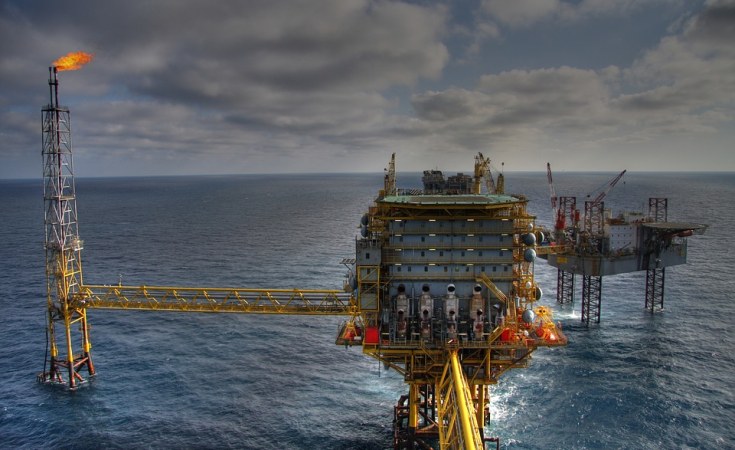Luanda — A new study to expose the amount of methane extracted from oil wells on the coast of Angola and Gabon and help map emissions of this gas will soon be carried out by the United Nations (UN).
The announcement was made Monday by the International Observatory on Methane Emissions of the United Nations Environment Programme (UNEP), which aims to cover the regional gap of "lack of data on emissions in the oil and gas sector".
The two countries join Nigeria in the group of main oil producers on the continent, and UNEP recommends investments and actions focused on factors of these emissions.
Methane has a global warming potential more than 80 times greater than that of carbon dioxide, lasting up to 20 years after release into the atmosphere.
The emission of this greenhouse gas can occur in the stages of production, exploration, extraction, transportation and storage of the resource. There are leaks from equipment such as valves, pumps and piping during the transport and storage of natural gas.
The UN agency highlights that reducing methane emissions is one of the most effective measures to be taken by the energy sector to help face the climate crisis.
The Paris Agreement reduction targets cannot be achieved without cutting methane emissions by 40%-45% by 2030, UNEP points out.
For the agency, it is necessary to be precise in achieving this goal.
Along with Nigeria, Angola and Gabon rank among the top oil producers in Africa. HEM/VIC


